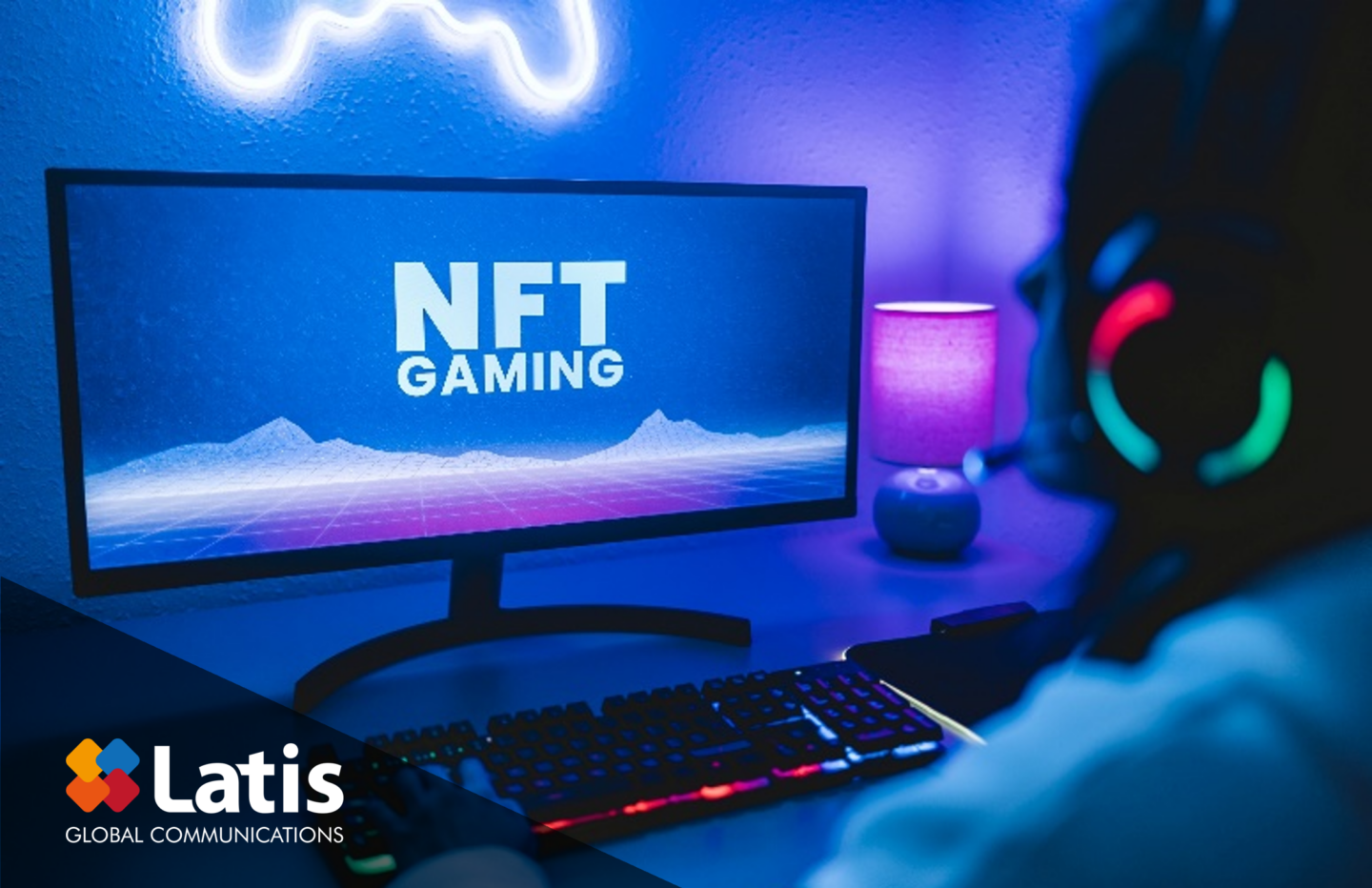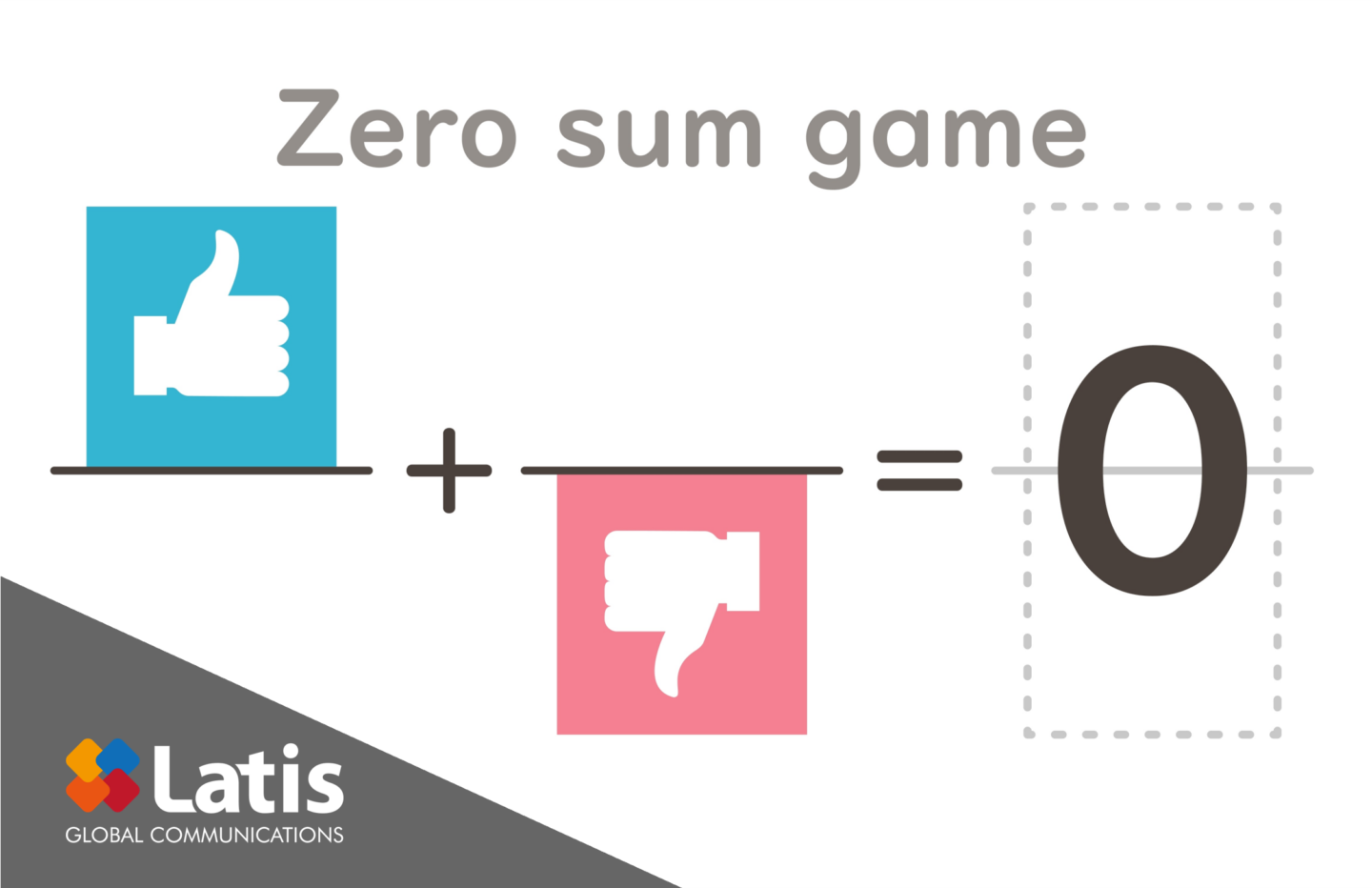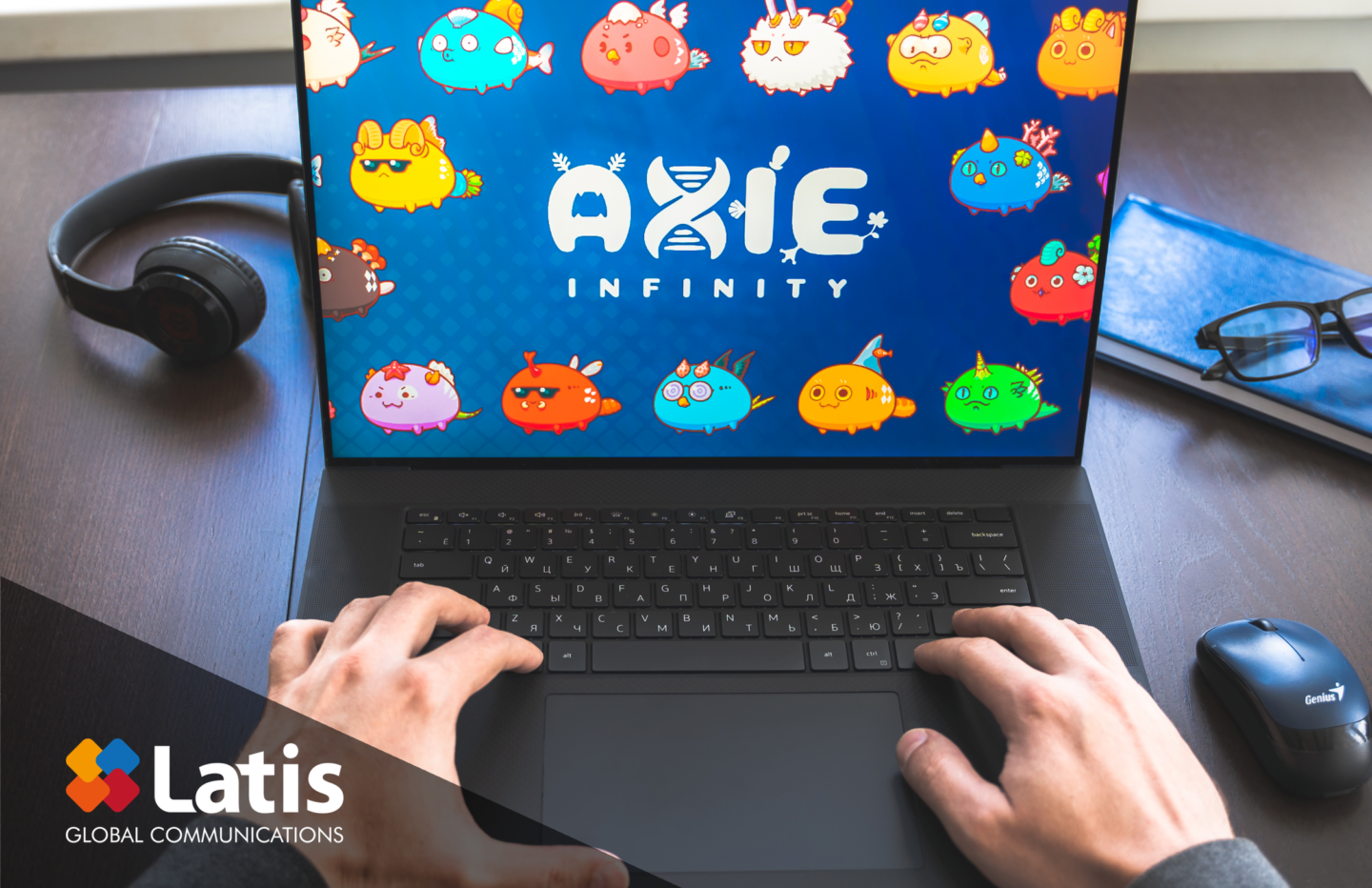
Previously, we introduced the concepts of blockchain, NFT, and P2E. Link to Previous Article:
Nowadays, the competition between NFT games in the gaming market is heating up, leading to the launching of numerous NFT games in the process. Although it is hard to say whether there is widespread interest in NFT games by the public, the constant debate surrounding NFT games has created a bit of a sensation. Interested? Keep reading to find out more about ‘Play to Earn,’ as we examine possible issues arising from NFT games and what precautions to take.
‘Why NFT Games Are a Nightmare’
Mark Venturelli, from the Brazilian indie studio, Rogue Snail, captured the gaming industry’s attention with his lecture, ‘Why NFTs Are a Nightmare’ at Brazil’s International Games Festival in 2022. Although Venturelli’s presentation received strong backlash from the NFT sponsors in attendance, the presentation was compelling to many users.
To start with, blockchain technology is a decentralized data storage technology that stores data in blocks connected in a chain-like manner. It simultaneously replicates and stores these transaction records across multiple computers. This is why blockchains are also known as distributed ledger technology. Multiple computers verify the authenticity of the records, hindering potential illegal tampering and hacking.
With that in mind, Venturelli argues the need for more social resources in blockchain technology than a standard centralized management system.
Venturelli’s second argument is that blockchain games themselves do not produce any social value. Indeed, although it is possible to earn money through NFT games, it is a zero-sum game, meaning their profits are not earned by fulfilling any demand or creating any value but are simply from other gamers. This is why NFT games are often referred to as speculation or gambling. Finally, while there may be an important cultural value in playing video games, by creating an escape from reality, NFT games blur the lines between game and reality, by blending the game with economic opportunities.

What Do Users Think of NFT Games?
According to a recent NFT gaming survey by Coda Labs, which has an open-source platform, most gamers in the US, UK, Brazil, South Africa, and Japan do not have a positive view of NFTs. On a scale of 1 (Strongly Dislike) to 10 (Strongly Like,) NFT games were rated at just a 4.5. While most video gamers are not in favor NFT games, global game developers have nevertheless announced their continued research in NTF technology and in the development of NFT games. Regardless of the problems plaguing current NFT games, NFT technology is actively being used in many fields, playing an important role in the multiverse popular among millennials and Gen Z.

‘What Causes NFT Games to Fail?’
As the head of the Philippines branch of Latis Global, Axium, in his seminar, ‘The Future of NFTs Games: What Improvements Are Needed,’ provided a list of reasons why NFT games fail, based on his long experience in the gaming industry.
1. The first reason given for the lack of success in current NFT games is the limitations of zero-sum games. In-game resources are limited, and to generate profits, the value of the game must continuously increase. Or, the funds must be brought from elsewhere. The players are always the source of these funds. A certain amount of money is invested to play the game. And when there are no new players, money is earned through the trades among the existing players.

2. The most prevalent design is Play to Win (P2W.) Take Axie Infinity, the most successful NFT game, as an example. Once Axie trading is activated, regular players (those with the least amount of ‘Axies’) are limited to two hours of gameplay per day. Users who purchase additional Axies, however, can play for a longer period of time. The price of Axie is dependent on your combat power.
After the updates in 2021, a player at a basic ‘Axie’ level can earn about USD 86 per month if they play for two hours every day and they are lucky to have a decent winning rate. When the rules of the game require an investment of money and time to win, the game becomes more labor than entertainment.
As previously discussed, the entry to NFT games are somewhat high, and the amount of money you can earn is extremely limited. This discrepancy resulted in the term ‘Axie Infinity Scholarship’ being coined. Coy.GG is a professional P2E company in Brazil, owning over 400 Axie Infinity accounts. The company recruits players by offering accounts to regular people to play P2E games in exchange for a monthly fee. With limited opportunities and a rule that players must reach 800 points per season to earn money, most players are struggling to even pay for their accounts.

3. On top of that, most NFT games on the market today are not much fun. Aside from the NFT element, these games are rather simplistic. ‘Crypto Blades,’ for example, is a web-based game where characters fight monsters or compete in PVP against other players. The current generation’s game development capabilities make it so that aside from earning NFTs, there is not much fun, uniqueness, or appeal.
For NFT games to succeed, game developers must be able to create games that are enjoyable enough to play on its own accord.

‘Ways Make NFT Games Successful?’
1. The game itself must be enjoyable.
Traditionally, gamers have paid developers a large sum of money to play games with no expectation of getting a return for time spent. By allowing players to truly relax, enjoying the time spent as they immerse themselves in gameplay, video games have been beloved for a long time.
2. Developing an applicable revenue mechanism is critical.
Interest in a game declines when there is a clear distinction between the ‘losers,’ those who lost money in the game, and the ‘winners,’ those who gained a large amount from the game. This also attracts fewer new players.

3. NFT games should constantly motivate players to continue playing.
Games with a solid user base have less risk of currency crashes in the game. Essential factors such as the influx of funds and new users, as well as the continued retention of high-paying players, all affect the longevity of NFT games.
4. Actively utilize social media.
There are many examples of the scale of NFT game companies increasing by actively marketing on social media.
Collaborating with cryptocurrency exchanges, aggregators, and decentralized autonomous organizations (DAOs) that specialize in the field of NFT is also recommended.
Latis Global assists clients in promoting their games to the public by creating and maintaining multiple communities as well as provide customized customer support services for NFT games.
For any further questions regarding NFT games, please contact us at any time.
Thank you. TEL: +82 -70-8270-8500 | Email: contact@latisglobal.com

